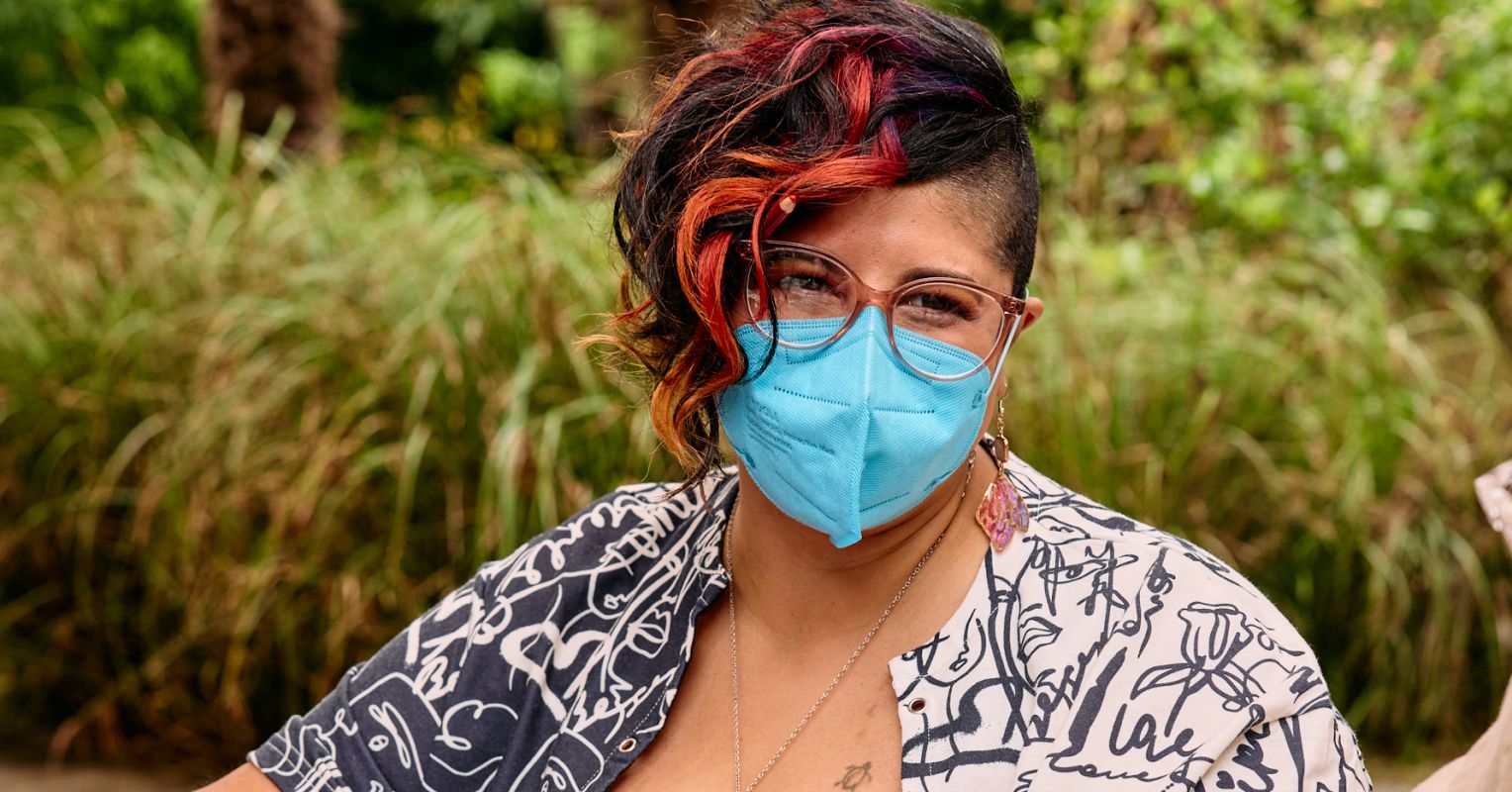In 2019 and 2020, I slid into the worst depression I’ve ever experienced. I had difficulty concentrating, my mind and body felt like they were working in slow motion, and both my energy and motivation completely bottomed out. It was like putting your foot down on the gas pedal of a car and having nothing happen because the gas tank was completely empty.
It took several rounds of trying different combinations of antidepressants before I began to improve. And that process was excruciating. We’d ramp up the dose of a new medicine over several weeks, wait several weeks to see if there was improvement, then ramp down the dose over several weeks and repeat. It was like trying to fill that gas tank up using an eyedropper.
I had what’s known as treatment-resistant depression. It’s when a patient’s depression isn’t managed effectively after trying at least two different antidepressant treatments.
According to a recent study in the British Journal of Psychiatry, 48% of patients with depression could be classified as being treatment-resistant, with 37% having tried four or more different antidepressant treatments. Patients reported feeling a sense of hopelessness and a frustration with “one size fits all” approaches to treatment.
“With nearly half of all patients not responding to multiple drug options, we need better treatment options to be able to support patients for whom first-line antidepressant medications don’t make a difference,” said Kiranpreet Gill, doctoral researcher from the University of Birmingham and corresponding author of the study. “Furthermore, the experiences of patients who took part in this study show that more awareness and options for treating depression when first-line antidepressant medications don’t work well is urgently needed.”
The study also described how treatment-resistant depression was associated with increased risks for other psychiatric disorders, such as anxiety, self-harm, and personality disorders, as well as physical health issues, such as heart disease.
“There is an irony that the experience of struggling to treat depression is in itself a risk factor for a worsening sense of ‘hopelessness’ as one patient described it,” said Gill. “This should be a clarion call to recognize that treatment-resistant depression needs to be factored into clinical decision making and the ongoing support that patients are offered.”
Co-author Steven Marwaha, Ph.D., Professor at the University of Birmingham, added, “[T]he data demonstrates people with [treatment-resistant depression] are at a higher risk of a range of poorer outcomes, and that we need better defined care pathways for helping this population.”
As for me, I was eventually able to find the right combination of antidepressant medications to enable me to function again. It was an agonizingly slow process but I’m very grateful that I was able to finally find relief.




